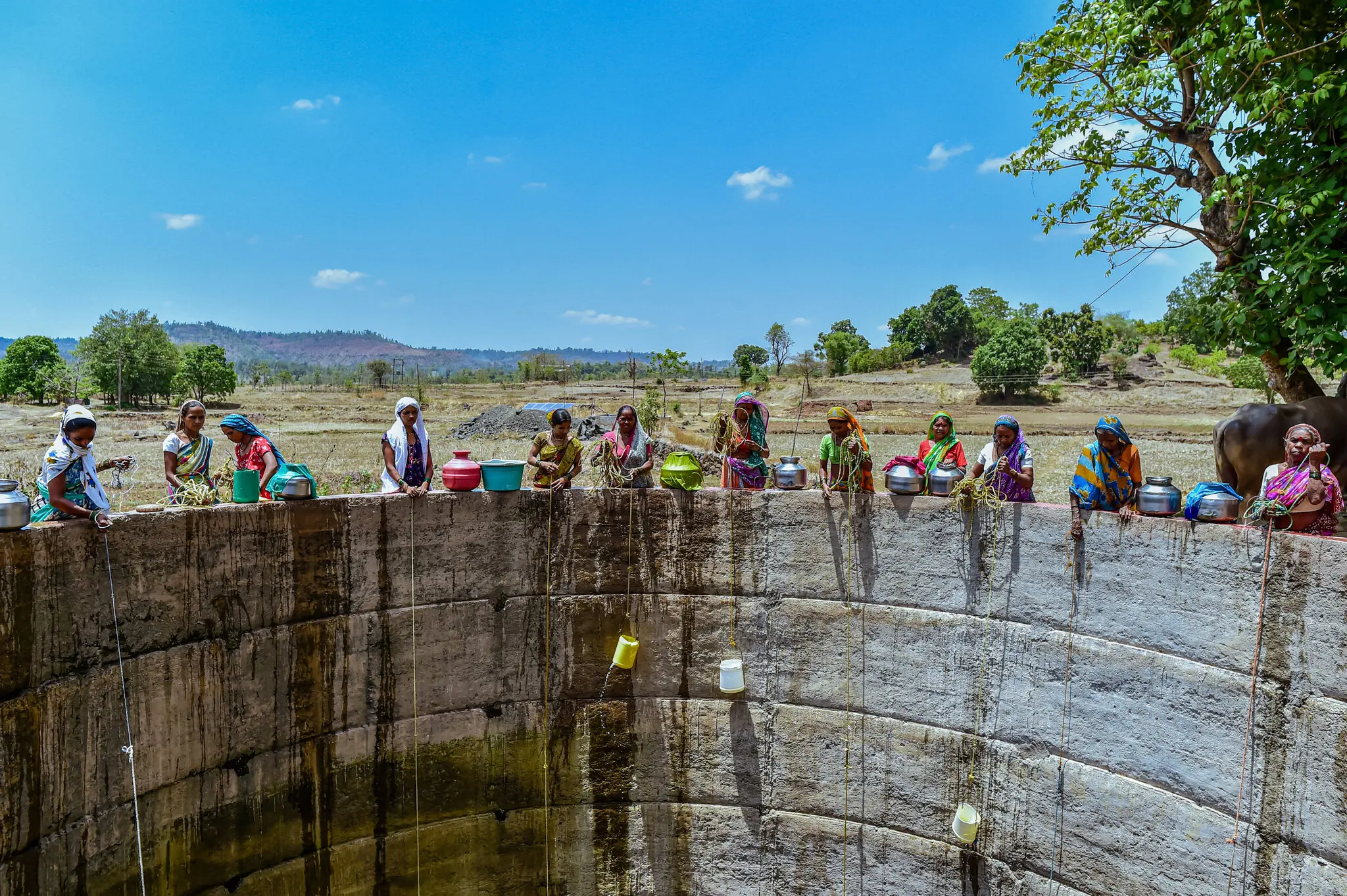Warming Could Push India Toward a Groundwater Crisis - The New York Times

Nishan Bhattarai |
The warming climate could drive India to use up its groundwater much more rapidly in the coming decades, according to projections published by LCLUC researchers in the journal Science Advances. India already pumps up more underground water than any other country, largely to irrigate staple crops like wheat, rice, and maize. But hotter temperatures are drying out fields and leaving less moisture to soak into the soil and replenish the aquifers below. Unless big steps are taken to promote water efficiency, underground supplies could shrink between 2041 and 2080 at three times the present rate, the new estimates suggest. Climate change will likely increase crop water demand, and farmers may adapt by applying more irrigation. Understanding the extent to which this is occurring is of particular importance in India, a global groundwater depletion hotspot, where increased withdrawals may further jeopardize groundwater resources. Using historical data on groundwater levels, climate, and crop water stress, researchers find that farmers have adapted to warming temperatures by intensifying groundwater withdrawals, substantially accelerating groundwater depletion rates in India. When considering increased withdrawals due to warming, LCLUC researchers project that the rates of net groundwater loss for 2041–2080 could be three times current depletion rates, even after considering projected increases in precipitation and possible decreases in irrigation use as groundwater tables fall. These results reveal a previously unquantified cost of adapting to warming temperatures that will likely further threaten India’s food and water security over the coming decades. This work was highlighted in the New York Times, more information can be found here https://www.nytimes.com/2023/09/01/climate/india-groundwater-depletion.html
Water was drawn from a well in Maharashtra state in India this spring.Credit...Ritesh Shukla/Getty Images (Picture Credits NYTimes.)
Tuesday, September 5, 2023 |
